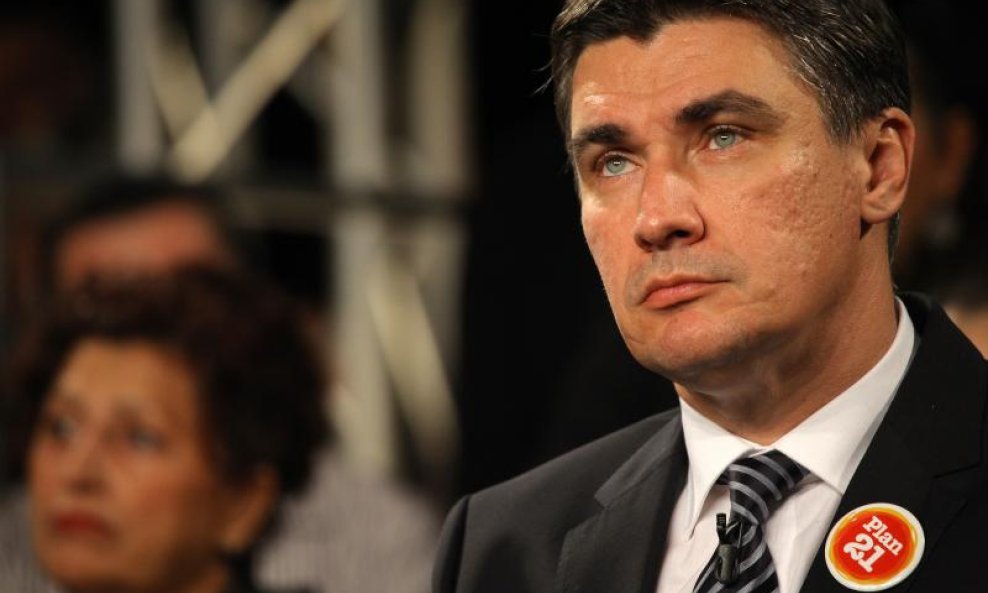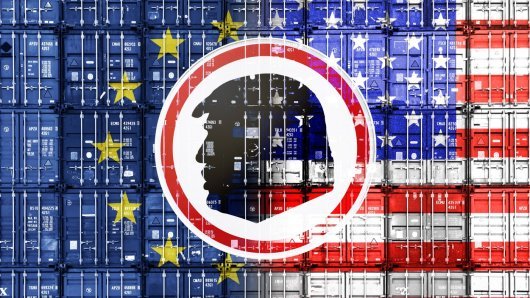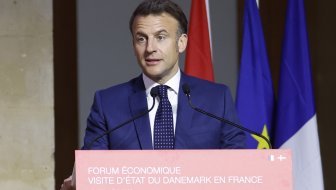Prime Minister Zoran Milanovic said on Saturday he was confident that the majority of citizens would vote for Croatia's accession to the European Union at tomorrow's referendum, because "Europe is our home and Croatia is in Europe and we can do well there and achieve what's best for us."
Speaking on Croatian Television's primetime news, Milanovic said he would vote for accession, adding that the referendum was also an emotional moment at which "we should make the decision" he felt that all those who had thought about it had already made.
Milanovic said he would vote for accession, as it was good and the right thing to do for Croatia.
"I think what's staring us in the face is the fact that Europe is our home and Croatia is in Europe and we can do well there and achieve what's best for us and bring out the best in us, to simply be the best... to give Croatian talent, Croatian knowledge, Croatian work and the common man an opportunity to prove themselves."
Milanovic said the failure of the referendum was a hypothetical question, as he was confident that it would pass and that the majority of citizens would vote for accession.
Regarding the announcement by Croatian general Ante Gotovina, who is in prison at the Hague war crimes tribunal, that he would vote for Croatia's EU accession, Milanovic said this was his civil right and that Gotovina, as a French citizen as well, evidently had experience and knowledge of life in the EU.
Speaking of his cabinet's first measures, Milanovic said that although the ruling coalition was restrained in its pre-election promises, citizens living in times of crisis evidently and rightfully expected a lot.
Milanovic said he was focused on Croatian problems and that the national budget was being discussed and worked on. He said that for the first time since the early 1990s, Croatia would have a smaller budget than the previous year both in nominal and real terms, a budget somewhat smaller in figures and smaller in relation to the inflation, which he said was two and a half per cent. He said Croatia should cut costs by about five billion kuna.
The PM said Croatia must honour its international commitments and pay its debt, adding that one should no longer borrow more than one could return. "On the other hand, we are the Croatian government and can't work only in the interest of our creditors, regardless of who incurred the debt and when, five, 10 or 15 years ago," he said, adding that "a fine balance must be found to pay debts and show that we are rational and budget-conscious, yet progressive."
"Because, what's the use of showing international creditors that you only economise? You also have to provide a guarantee that you are creating something new. That's why next year we want to generate growth, any kind of growth, and in difficult circumstances that's a success for us."
Regarding the announced increase of VAT from 23 to 25 per cent, Milanovic said the increase would be cushioned by some other measures to protect the people who had and earned less, so PDV would be reduced on children's food and some other products.
He said that upon Croatia's accession to the EU, the current zero VAT rate on some products would no longer be possible. He added that the non-taxable monthly income would be raised to about HRK 3,000, so that those with lower salaries would earn a little more.
Milanovic went on to say that he was shocked by some media reports that the government would hire foreign consultants and pay them six million euros, saying "that's absolute nonsense because the amount is in kuna and it will probably be five or six million kuna."
The government on Thursday adopted a project to go through the financial and operational situation in 21 ministries, institutes and public companies which should result, by June, in a review of the situation in the biggest users of budget funding.
Milanovic said bids would be invited for the project and that the government expected everyone with the know-how to apply, especially a domestic company.
He said the government's intention was to have not one but more firms apply, in order to avoid complaints about favouritism, and to get an exact review which could not and must not be made by the State Audit Office. He said the government's plan was not to shift any blame on the previous government, but stressed that the incumbent government must have a clear picture of the state of affairs.



































